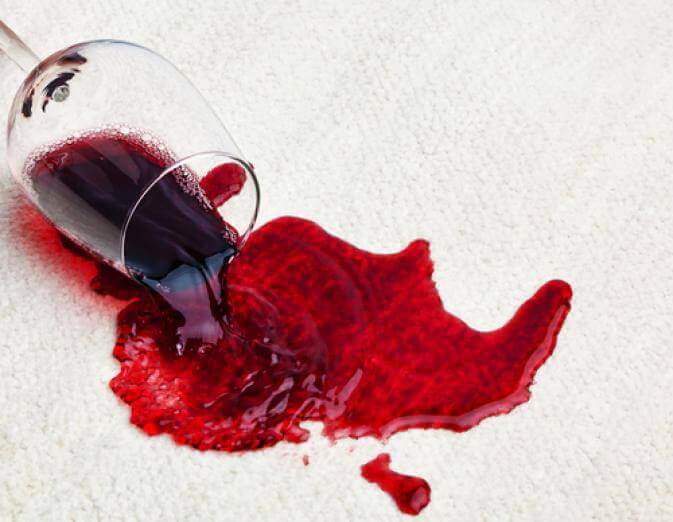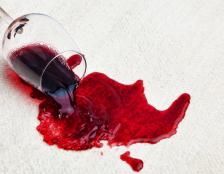How Much Alcohol is Too Much?
Learn how much alcohol is too much, how to know if you may have a drinking problem, and 10 tips to cut down on your drinking.
Do you ever wonder if your drinking is out of hand? Maybe you’ve stepped up your alcohol intake lately and are afraid to ask your doctor? Or maybe you’ve been drinking for a very long time, but now want to cut down or quit?
Doctors wouldn’t care much about your alcohol intake if it didn’t compromise your health. We start to worry about our patients when intake reaches levels that can cause damage to the liver, kidney, heart, blood vessels, and brain. Alcohol can also increase the risk of certain cancers, like in the esophagus, in addition to causing high blood pressure, obesity, strokes, mental health problems, and sleep disorders.
So how much is really “too much”? How do you know when you have a drinking problem? And what can you do about it? I’d like to tackle these really important questions in today’s episode.
How Much Alcohol is Too Much?
According to the National Institute on Alcohol Abuse and Alcoholism (NIAAA), a branch of the National Institute of Health (NIH), women who drink more than 3 drinks a day or 7 drinks a week and men who drink 4 drinks a day or 14 drinks a week have increased risk of alcohol-related medical problems. Now this is a general guideline, and not a rule for everyone. Your individual limit really depends on other factors, such as your age, body size, other medical problems, and medications you may be taking. Note that NO amount of alcohol is safe in pregnant women.

Question: What constitutes a “standard drink” in the medical world?
Answer: 5 oz of wine, 12 oz of beer, or 1.5 oz shot of liquor
These are all equivalent and contain about 14 grams of pure alcohol each.
How Do You Know If You Have a Drinking Problem?
Ask yourself the following questions:
Does your drinking worry your family and friends?
Do you drink when you are angry or sad?
Do you ever feel bad or guilty after drinking?
Do you drink even though you tell yourself that you won’t?
Do you forget what happened when you were drinking?
Have you ever had a drink first thing in the morning to calm your nerves or to get rid of a hangover?
If you answered “yes” to any of these questions, you may have a drinking problem. To be sure, however, you should discuss this with your physician.
Take this detailed self-questionnaire from the NIH to see if you are at risk. Total scores of 8 or more for men up to age 60, or 4 or more for women, adolescents, and men over 60 are considered abnormal. I would highly encourage you to print the form and take it with you to your next doctor visit.
10 Tips to Cut Down On Your Drinking
So you’ve taken the self-assessment questionnaire, met with your doctor and confirmed that you are drinking too much. And you’re ready to do something about it. Now what? How do you cut down on your drinking? Here are 10 Quick and Dirty Tips I share with my patients to help them with their alcohol intake:
-
Learn the Standards: It’s really important to learn what constitutes a standard drink. Use your measuring cups and find out what how much 5 oz of wine, 12 oz of beer, and 1.5 oz of liquor really are. Then, every time you pour yourself that glass of wine, make sure to measure it properly. Don’t just fill the entire wine glass up to the rim and count that as “one drink.”
-
Keep Track: Now that you know how much you should be drinking, use a notepad or your smartphone to log the number and type of drinks you consume each day, and where you were when you’re drinking. Keep track for at least a month.
-
Don’t Buy It: Try to keep very little or none at all stocked at home. The more you possess, the more temptation there may be to drink.
-
Set Limits: Make a daily or weekly goal for yourself. For instance, you may want to set your daily drink limit to 2 per day for the first week, then go down to 1 drink a day for the next week, and so on.
-
Drink with Food: Refrain from drinking on an empty stomach, and instead drink that glass of wine with your dinner.
-
Drink it Slowly: Take small sips and leave at least a one hour break in between your drinks. Opt for water, soda, or juice in between your drinks.
-
Avoid Temptation: If you tend to drink with your co-workers after a hard day’s work, avoid the bar gatherings. If you drink when you’re stressed out, distract yourself with a different activity or hobby – take a nice warm bath, listen to some classical music, meditate, phone a friend, walk the dog. Find an alternative way to unwind. If you drink with a certain buddy, avoid them.
-
Seek Support: Tell your family and friends of your desire to abstain so that they can provide encouragement, distraction, and support to help you reach your goals. Look up your local Alcoholics Anonymous chapter or other support groups in your area. Ask your doctor for referrals.
-
Save the Cash: Save up all the cash you would have otherwise spent on the alcohol, and every week or month treat yourself to something special (and non-alcoholic) – such as a day at the spa, a new outfit at the mall, or a nice dinner with a friend.
-
Learn to Say No: There will be many temptations to drink, and others may want to pressure you into doing so. Have an answer ready for those moments. For instance, you may want to tell them that you’ve lost weight since you started drinking and that you plan on sticking with your new size.
Whatever you do:
-
Don’t give up: Most patients take several tries before they are successful, just like quitting smoking or losing weight.
-
Don’t drink and drive: Note that the NIH alcohol intake limits are MUCH higher than those that are considered safe for driving. If you drink at all, please don’t drive.
If you have any suggestions for future topics, email me at housecalldoctor@quickanddirtytips.comcreate new email or post a question on my Facebook page.
Please note that all content here is strictly for informational purposes only. This content does not substitute any medical advice, and does not replace any medical judgment or reasoning by your own personal health provider. Please always seek a licensed physician in your area regarding all health related questions and issues.
Wine image courtesy of Shutterstock



